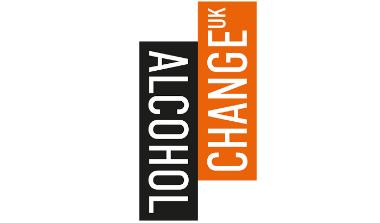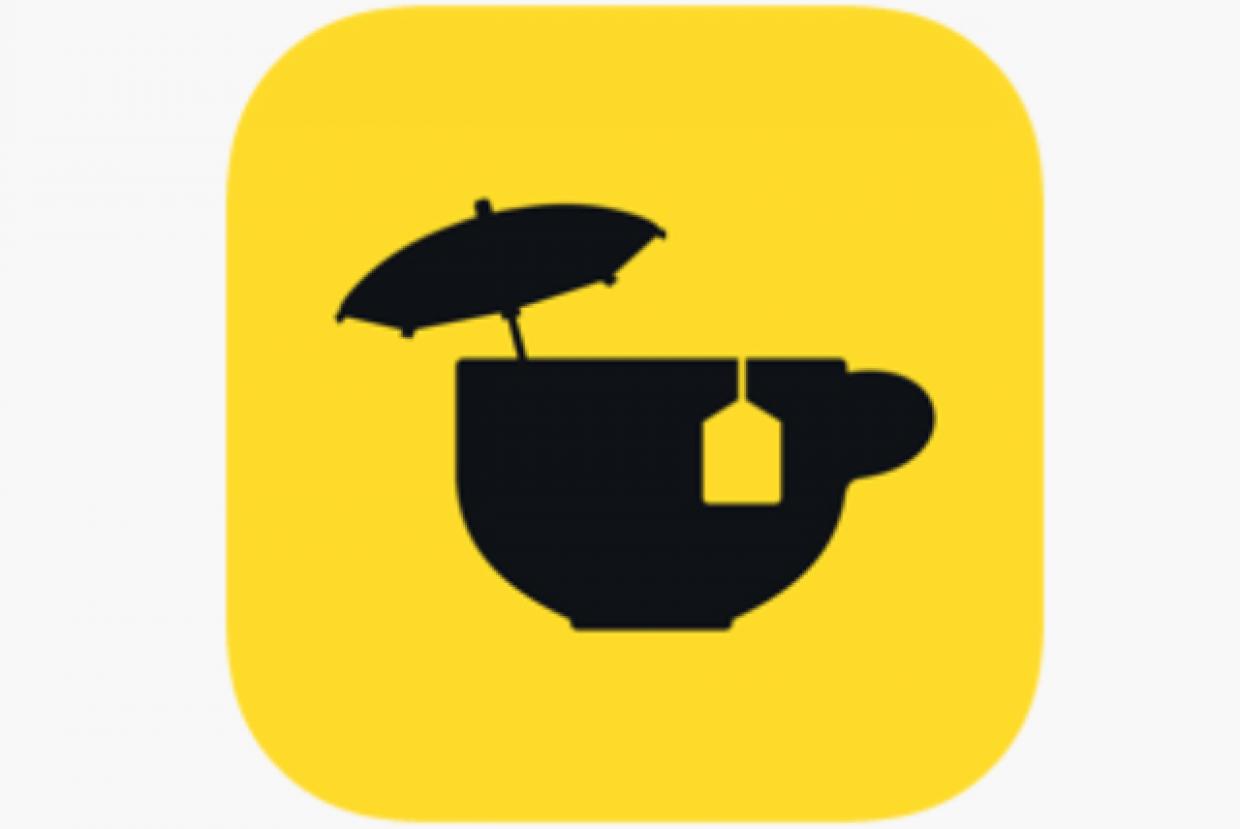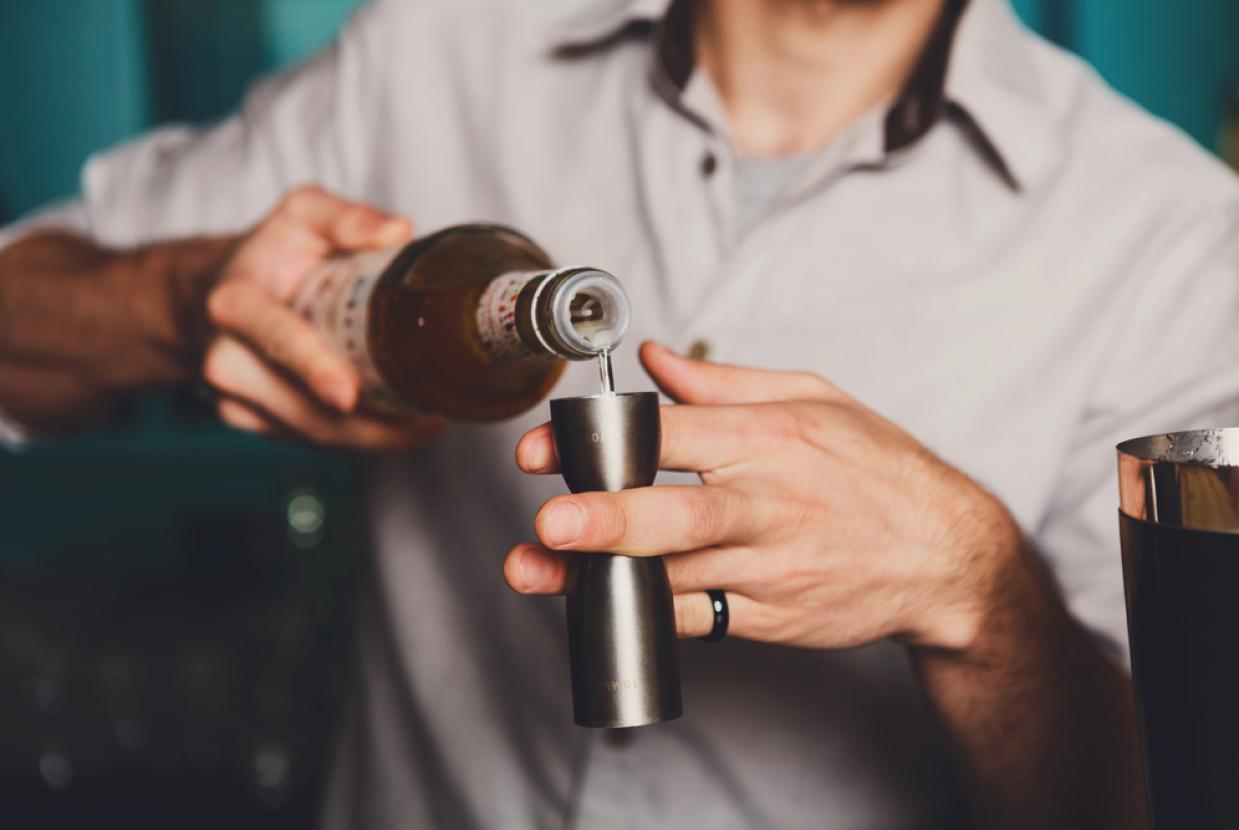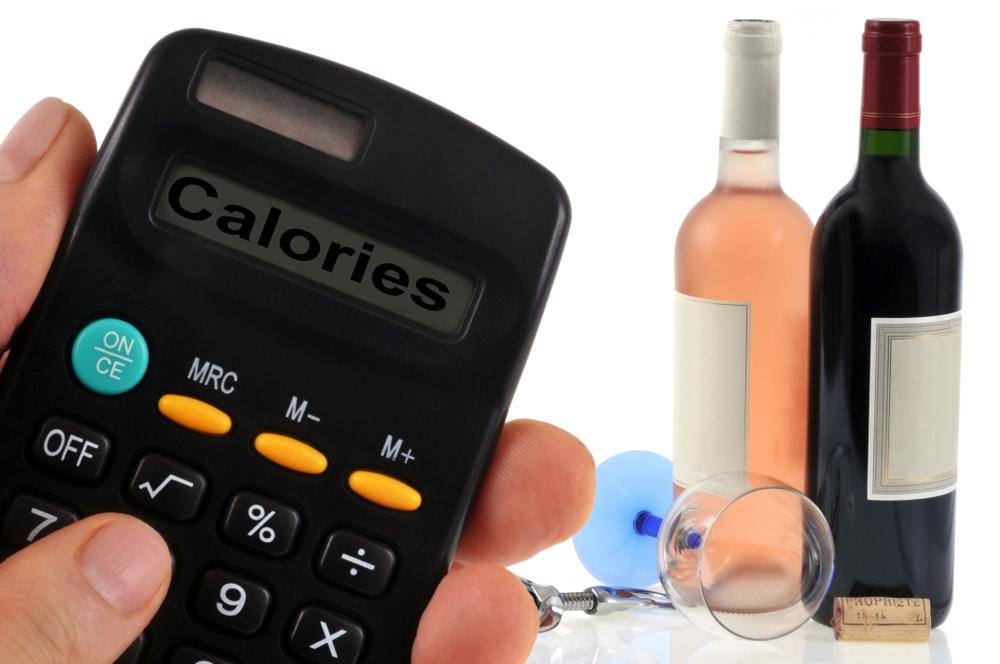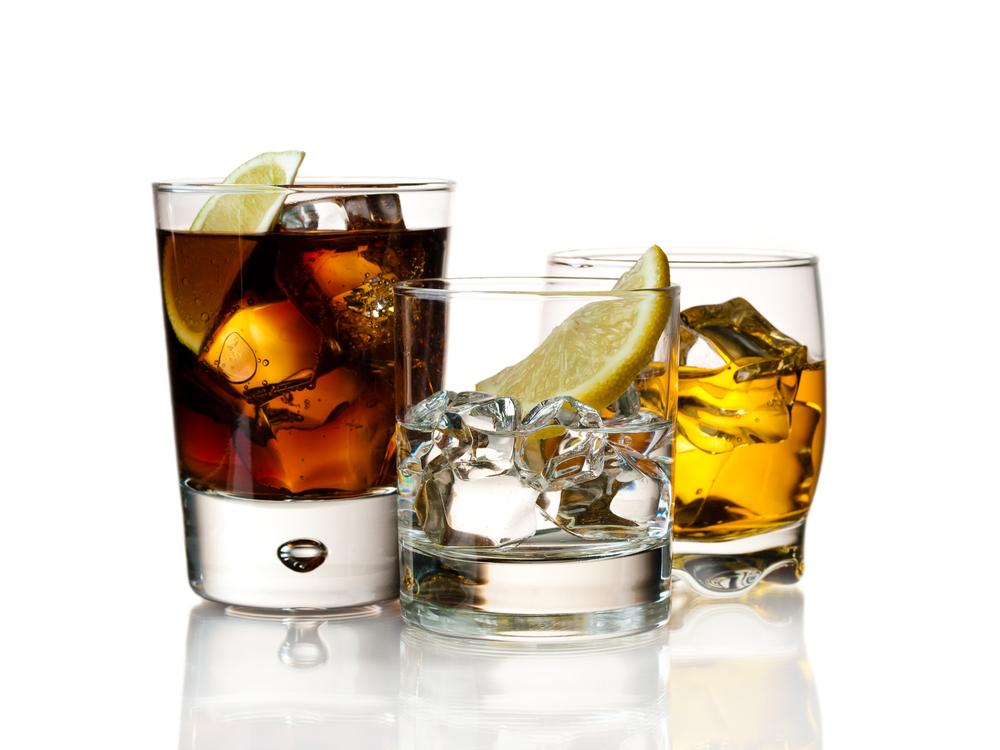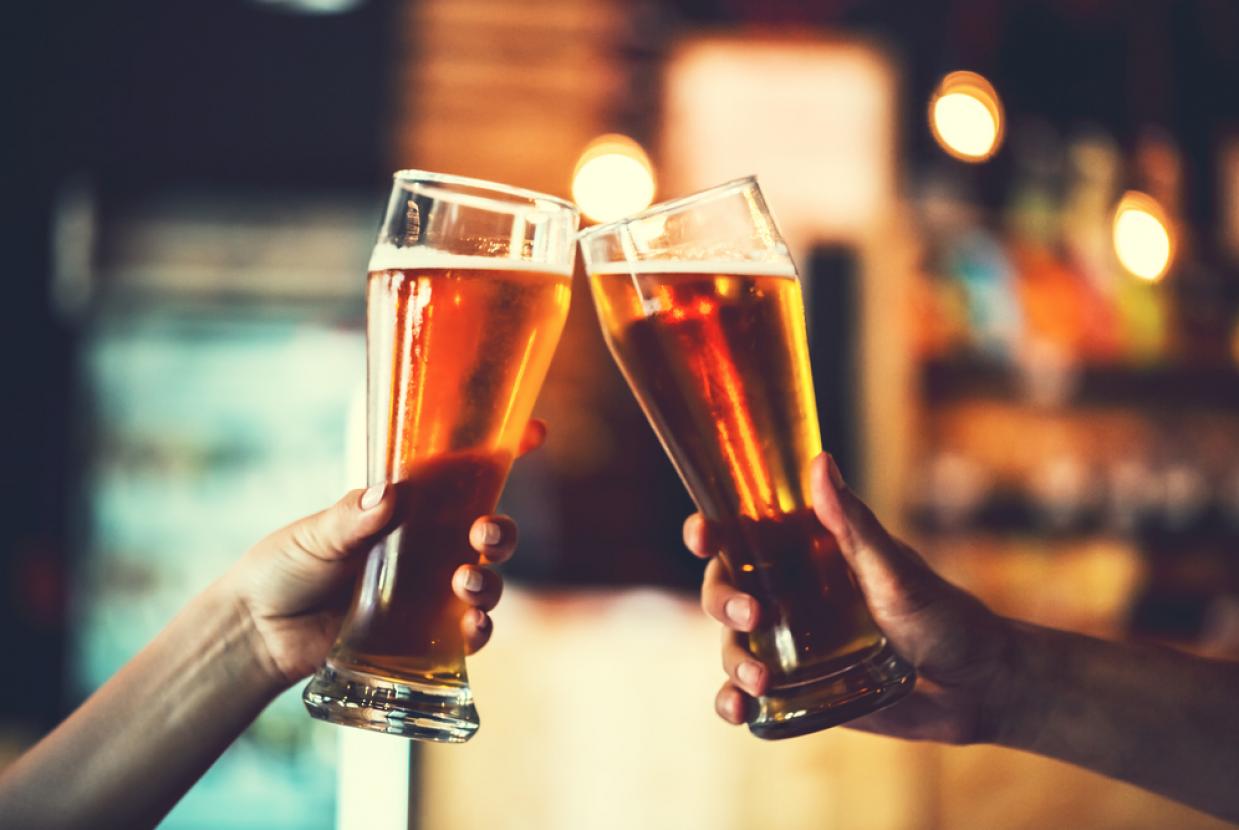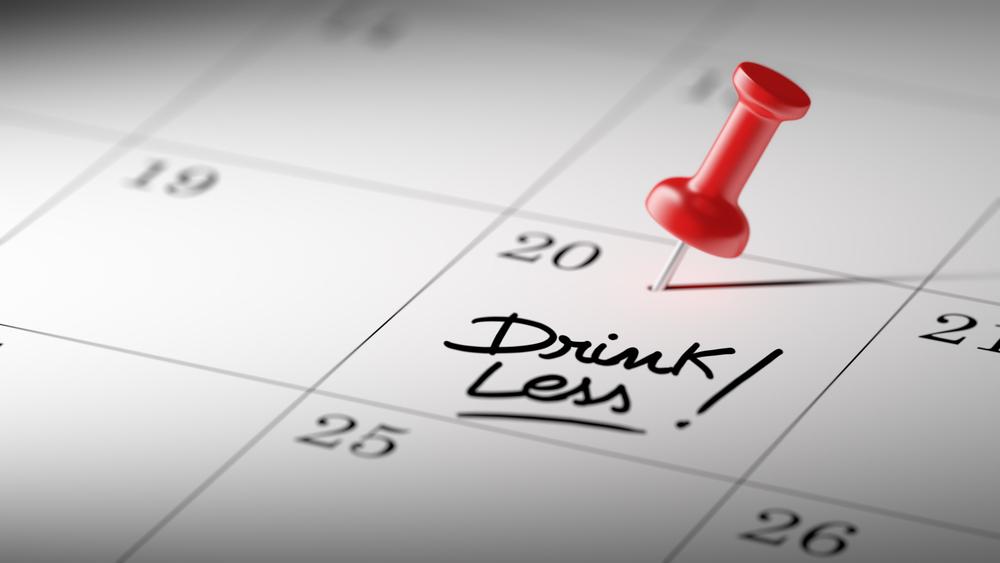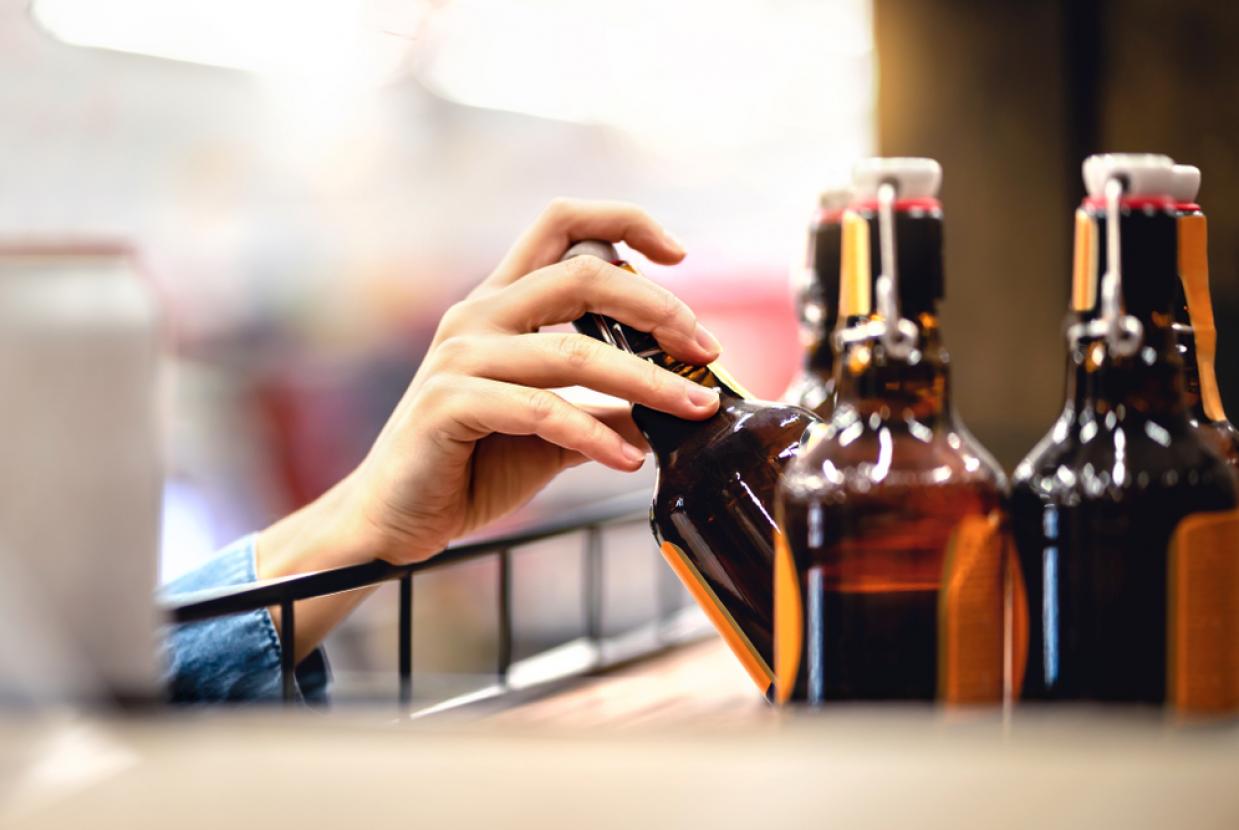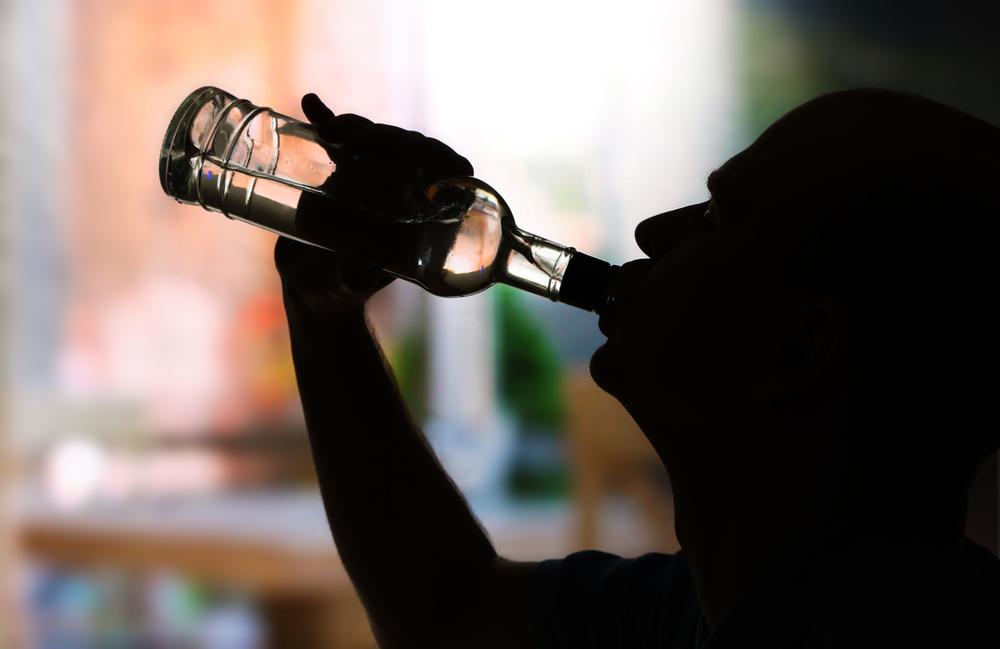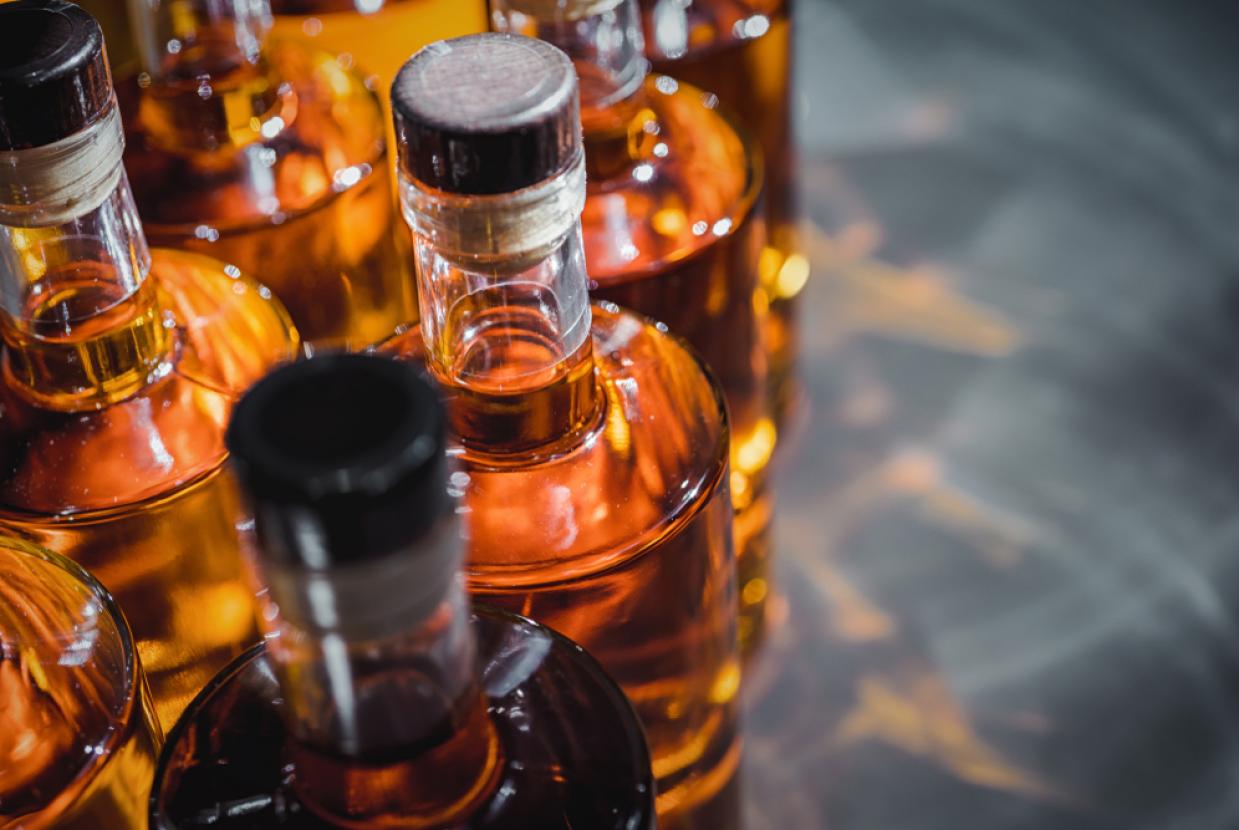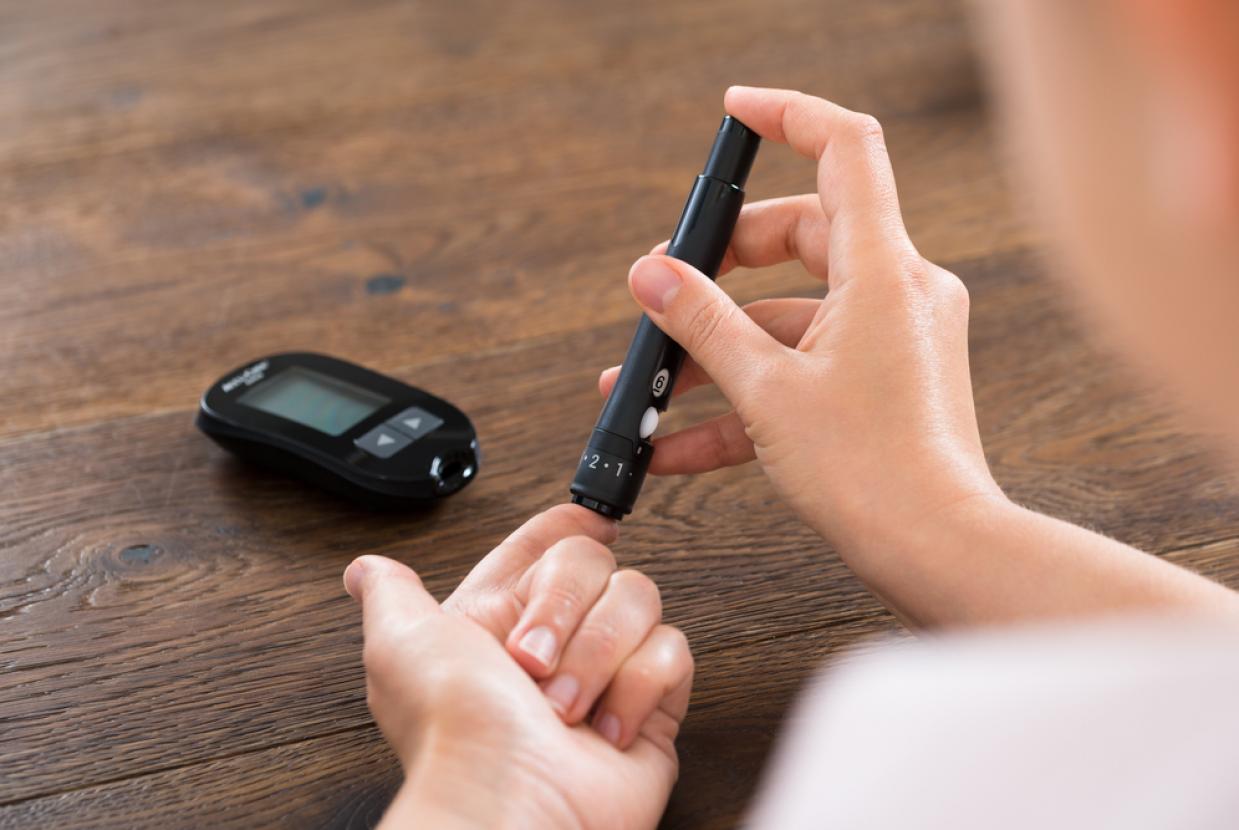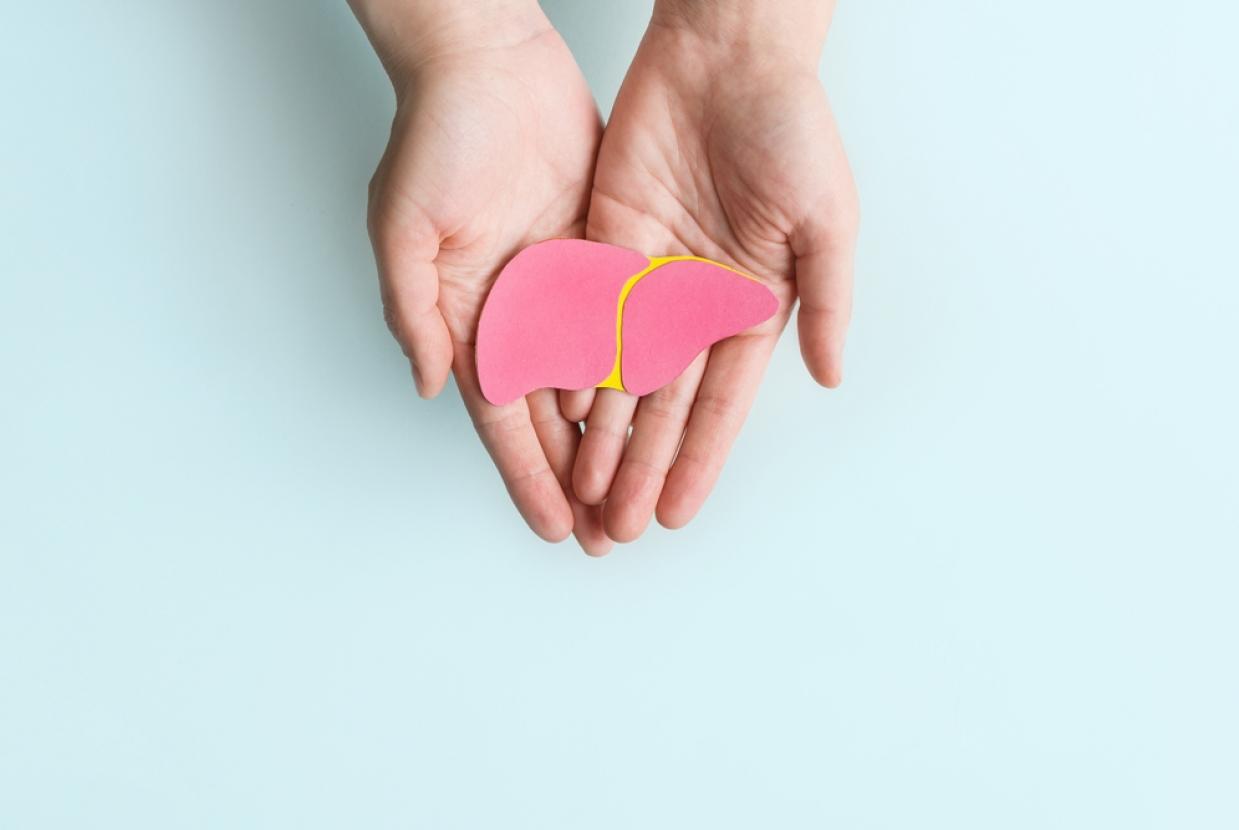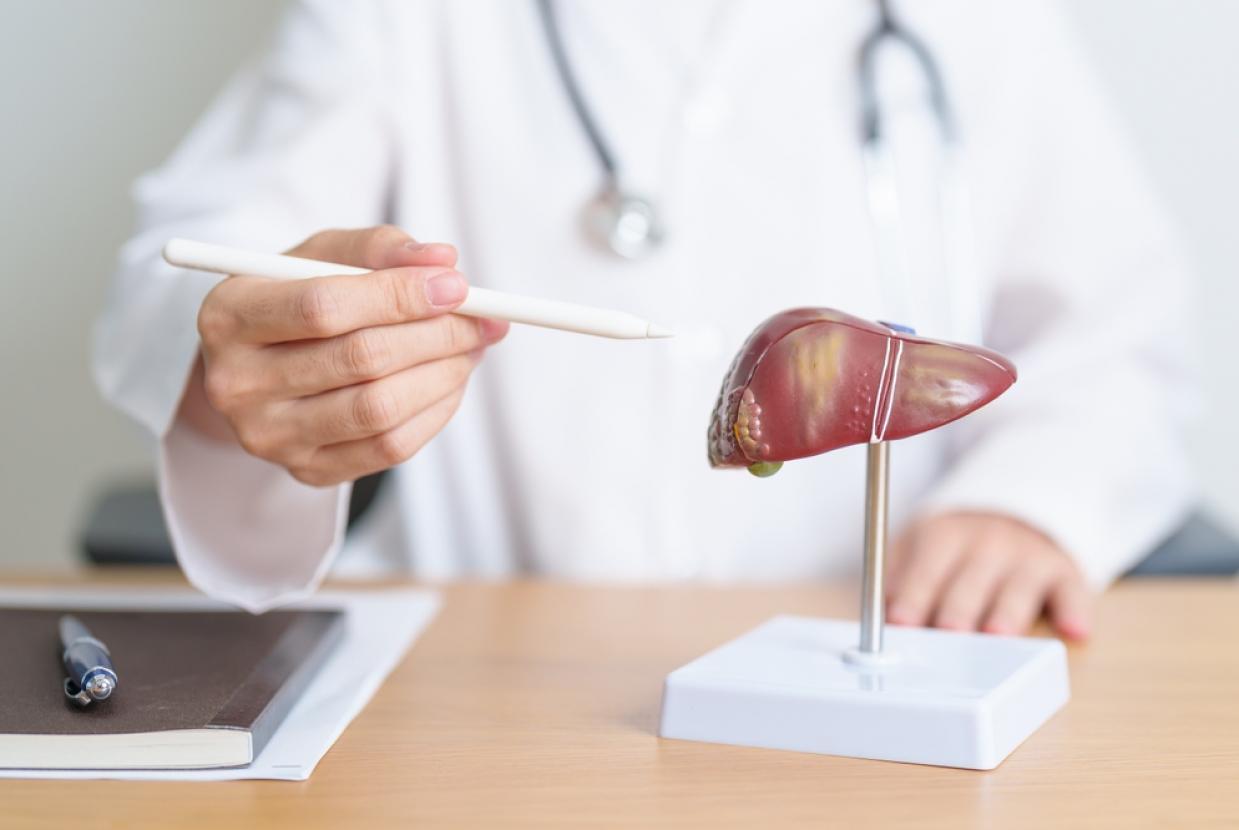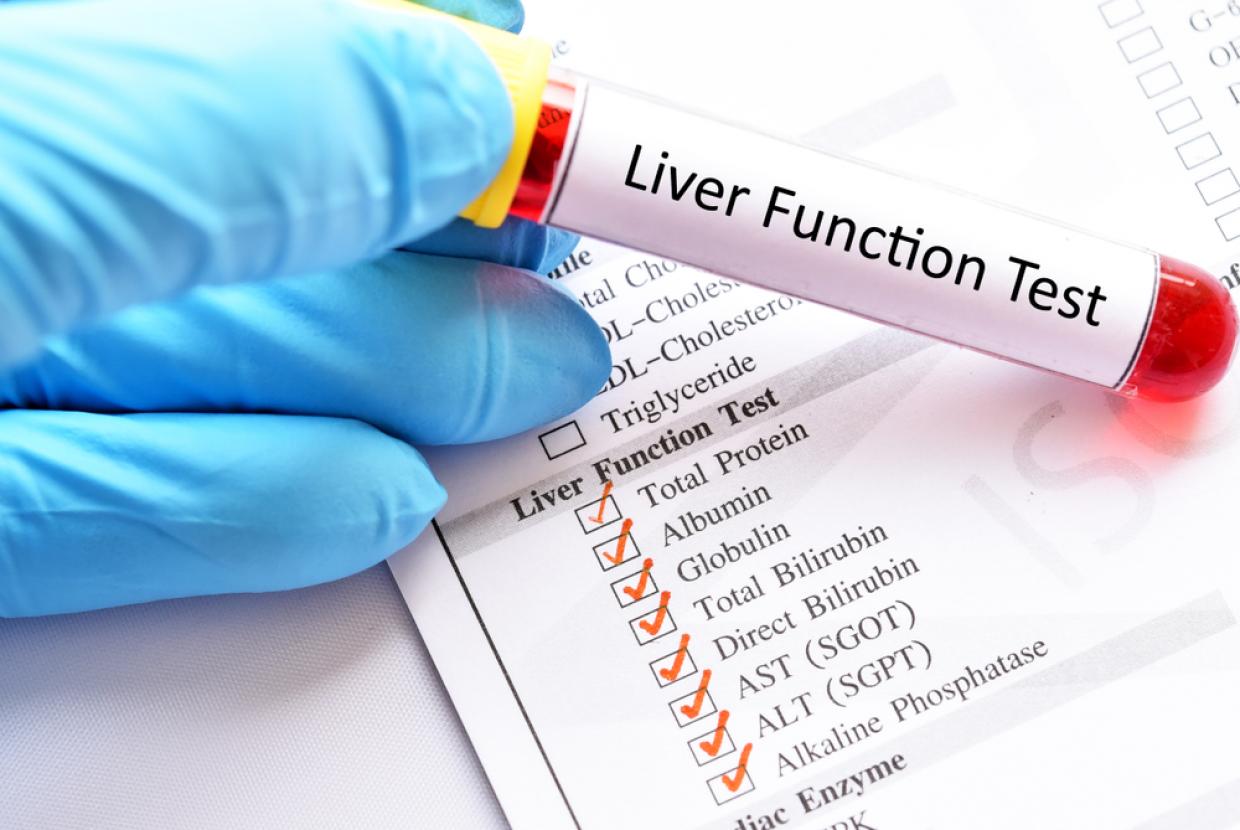Top Tips For Managing Your Drinking After Dry January
Alcohol GuidanceIf you’d like to drink more healthily and happily after Dry January, this blog has some tips to help you.
Dry January has shown you that you can get through difficult life situations, manage complicated emotions, unwind, relax and have fun without having a drink. But now the month is coming to an end, you might be thinking about what to do next.
If you think you’d like to go back to drinking and would like some advice on how to manage your drinking going forward, here are some tips for you.
By working out what your goals are, and how you aim to achieve them, you’re more likely to be successful.
Take some time to reflect. Before you jump straight back into your usual drinking habits in February and beyond, take some time to think about what you want from your drinking going forward. What parts of Dry January did you like or appreciate? What benefits did you value the most? Are there ways you can get those things year-round after reintroducing alcohol, too?
Work out how much you were drinking before Dry January. Get an idea of how many drinks or units you were having before Dry January, and whether you’re happy with that. This is a great starting point to help you work out what you’d like to change, and where you could make those changes. You can use the handy unit calculator to help you.
Build your way up to how much you want to be drinking, slowly. After a month off you can’t jump straight back into drinking like you were before. It won’t do you any favours and will probably lead to a hangover from hell spanning multiple days – take it from us. Use the Try Dry app or keep a drinking diary to see how much you’re drinking as you restart. To slow you down, why not try planning a soft drink between every alcoholic one at first?
Make a plan. It might sound strange to sit down and make a plan about your drinking, but trust us – it’s worth it. By working out what your goals are, and how you aim to achieve them, you’re more likely to be successful.
For example, if you were having two medium glasses of wine every day after work and on Saturdays, that works out at roughly 25 units a week for those twelve glasses. Now that you’ve done a Dry January, you can decide whether you want to make any changes to that. You might want to only drink at the weekend, drink less on weekdays, or cut down so you’re only having 14 units a week, for example, and make allowances for special occasions.
If you’re struggling to stick to your goals or you’re finding your drinking is slowly creeping up, don’t hesitate to hit the reset button again!
Keep track of your drinking using a physical diary or the Try Dry app. This way you’ll be able to see if your drinking is creeping up, and make changes accordingly.
Have strategies in place for when cravings strike. If you know you’re prone to drinking a lot on the weekend, think about how you can limit that. If you always drink more on a video call with your friends, consider how you could drink a bit less. Now that you’ve done Dry January, you already know you can handle these situations. Apply those same skills here and you’re good to go!
Practice saying no. Peer pressure can be hard to resist. Brush up on your drink-refusal skills so you’re not tempted to say ‘yes’ when you mean ‘no’.
Don’t just drink because it’s there: drink because you want to! A good rule of thumb is to ask yourself: am I having this drink because I’m going to enjoy it? If not, don’t have the drink.
Try out some no or low alcohol products. There are new alcohol-free alternatives appearing constantly, and they’re getting better and better!
Don’t wait until next year if you would like to try another week or month without alcohol. If you’re struggling to stick to your goals or you’re finding your drinking is slowly creeping up, don’t hesitate to hit the reset button again!
If you need further support with your drinking, don’t hesitate to seek it. Whether you struggled with Dry January, you’re worried about your future alcohol consumption or would like professional help to cut down, there is support available for you. Contact your GP to find out about the options available to you.
Click here to view our Alcohol Guidance content.


